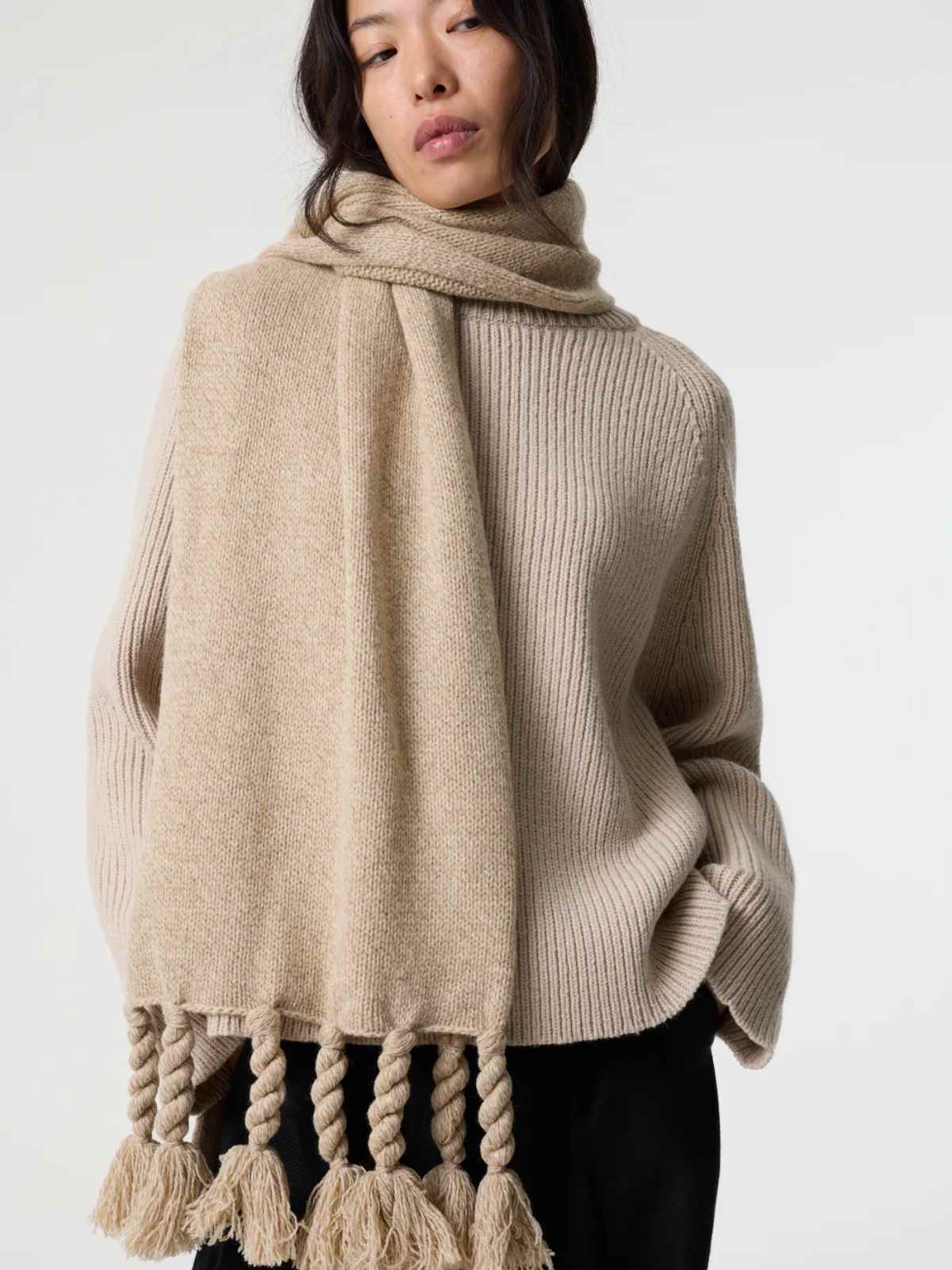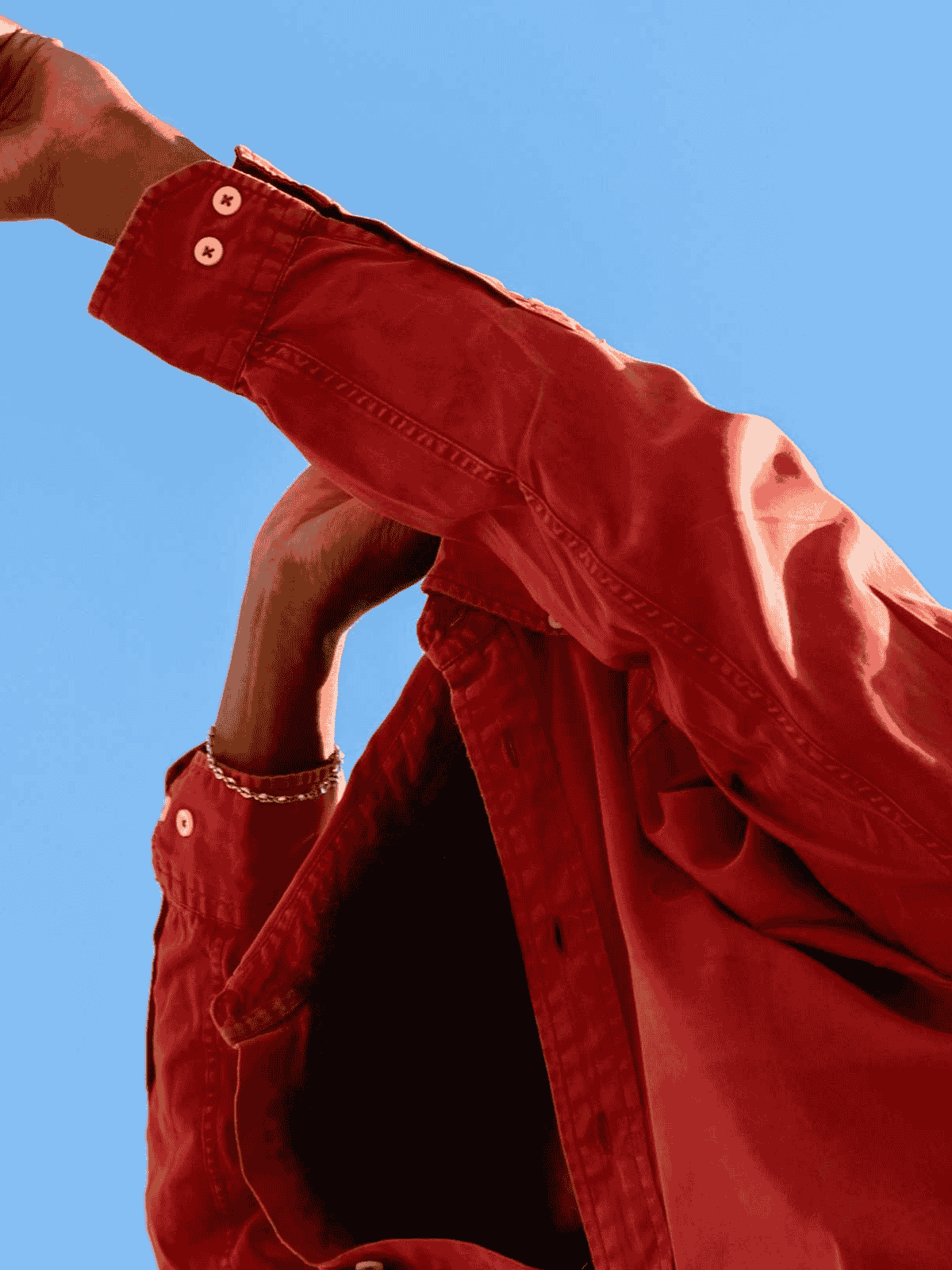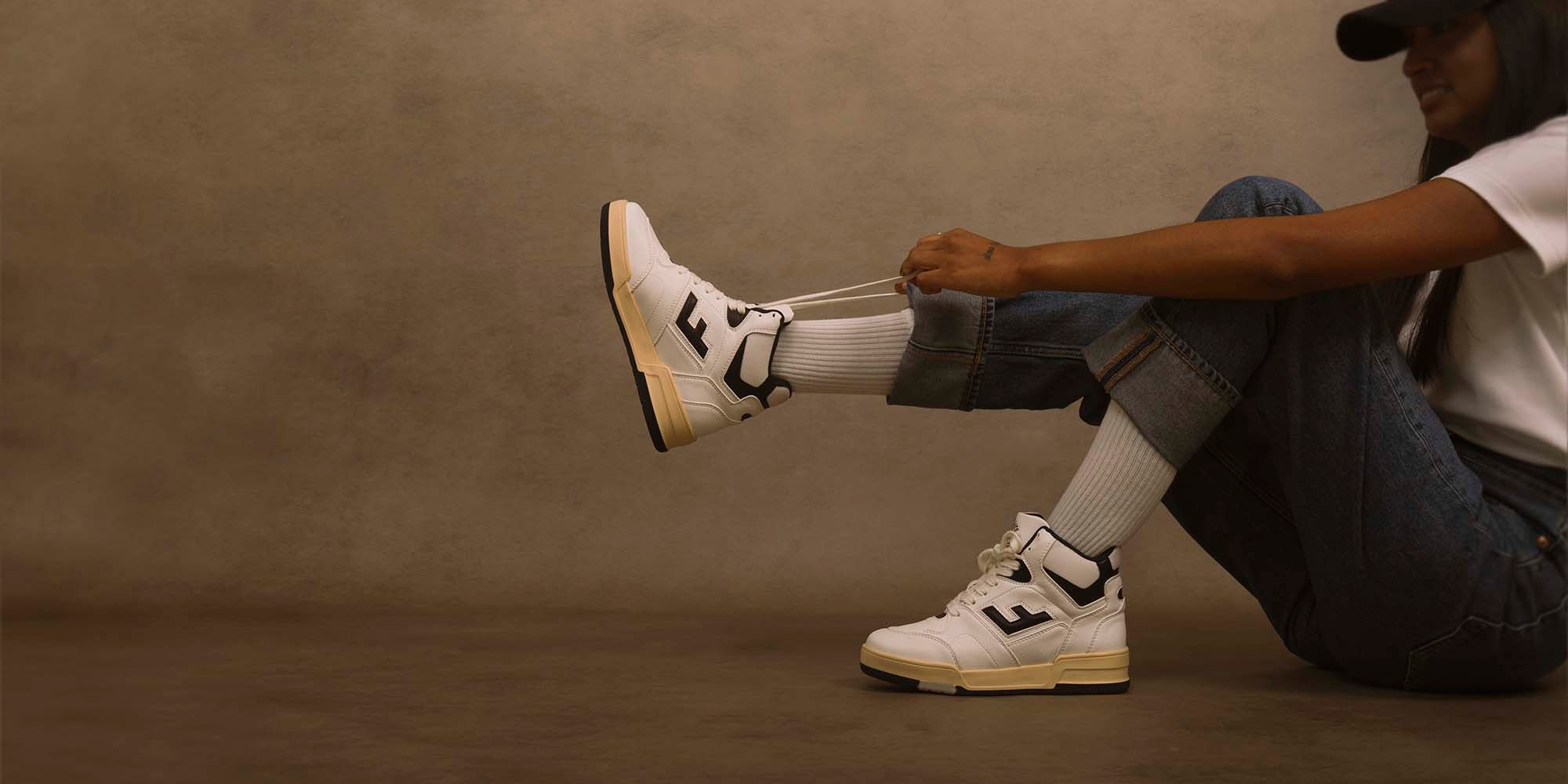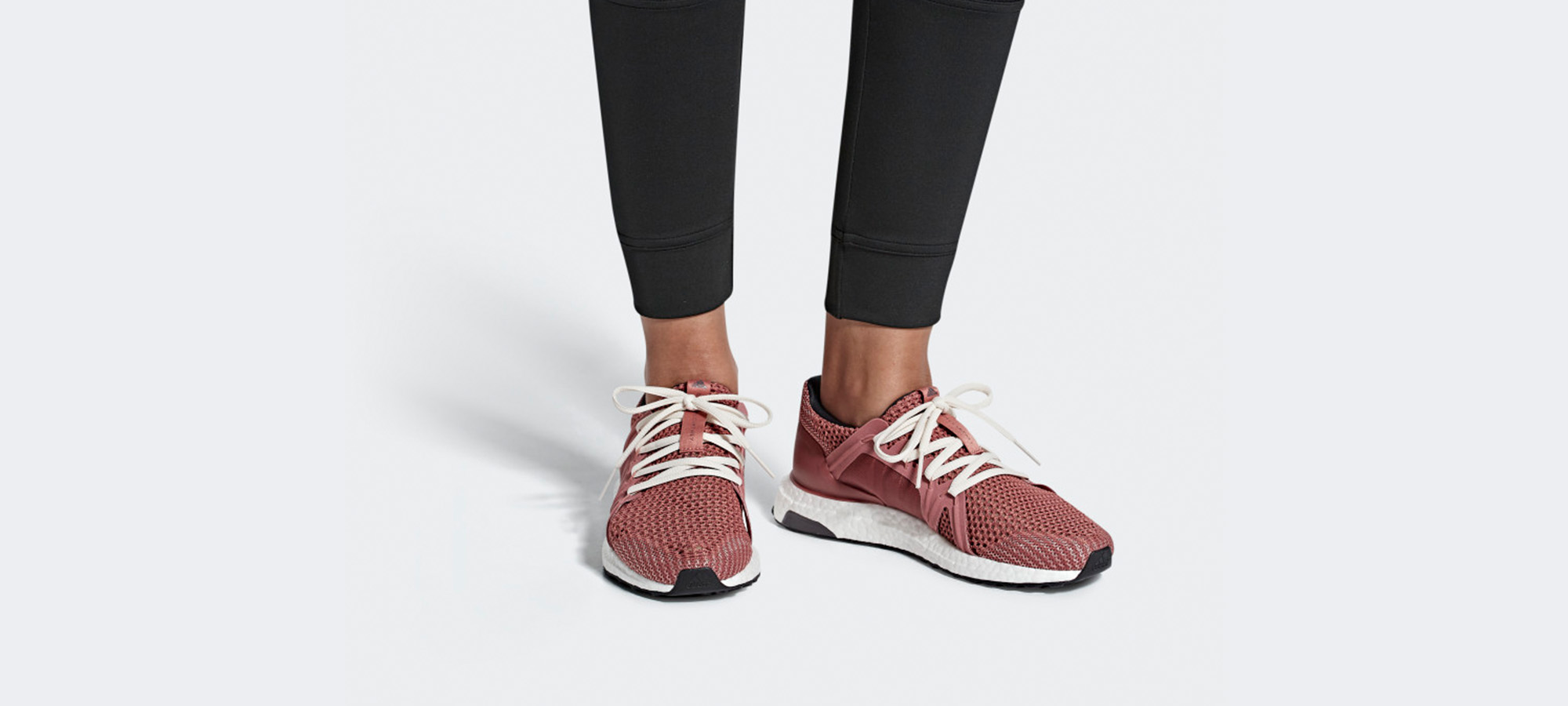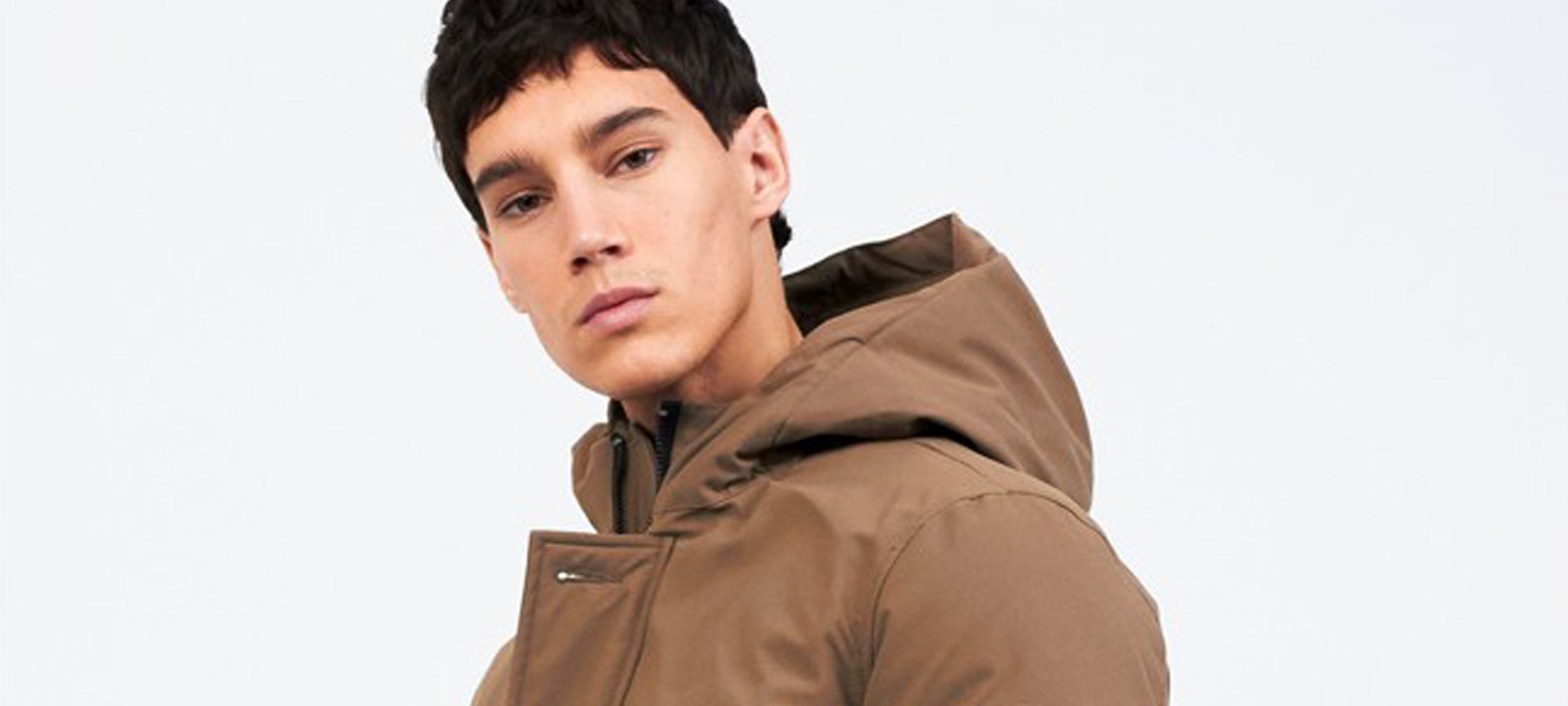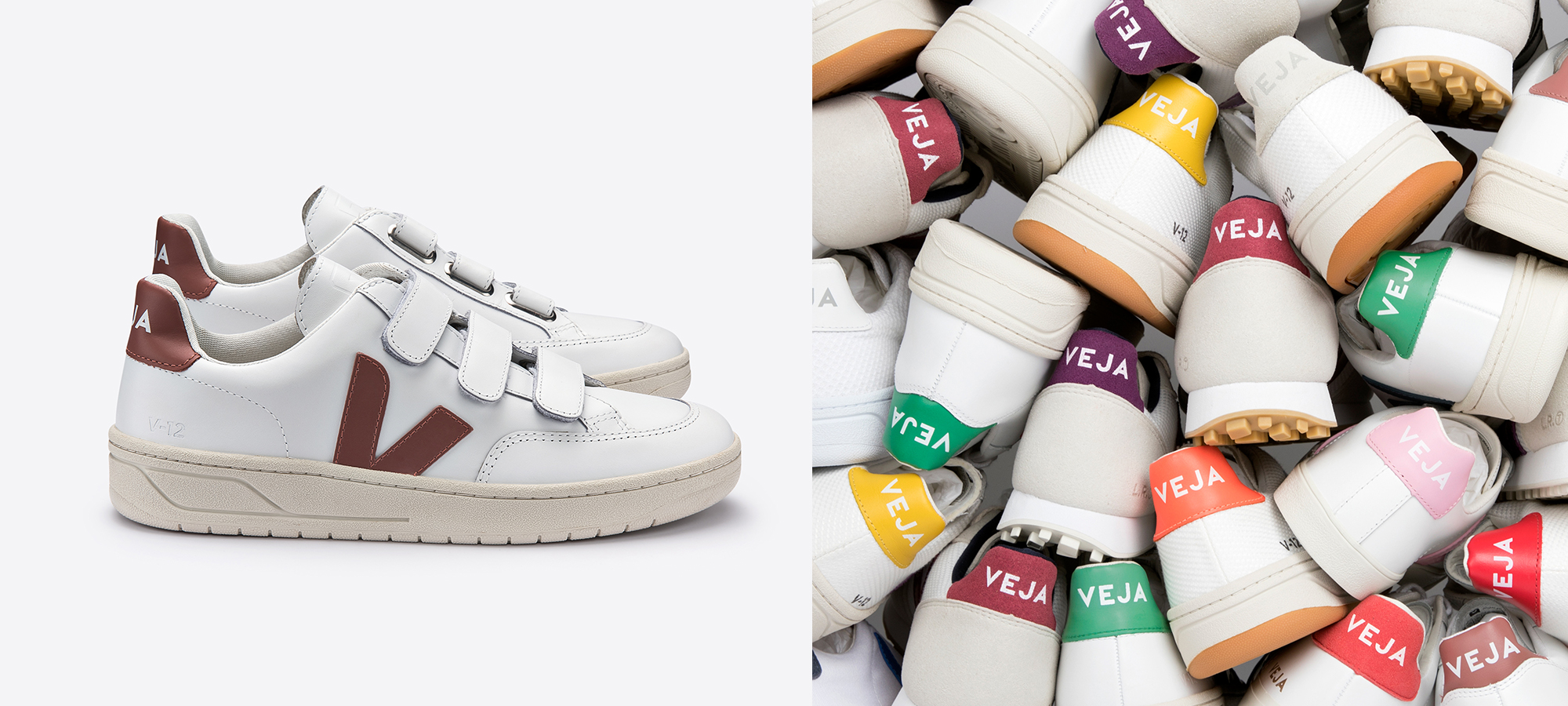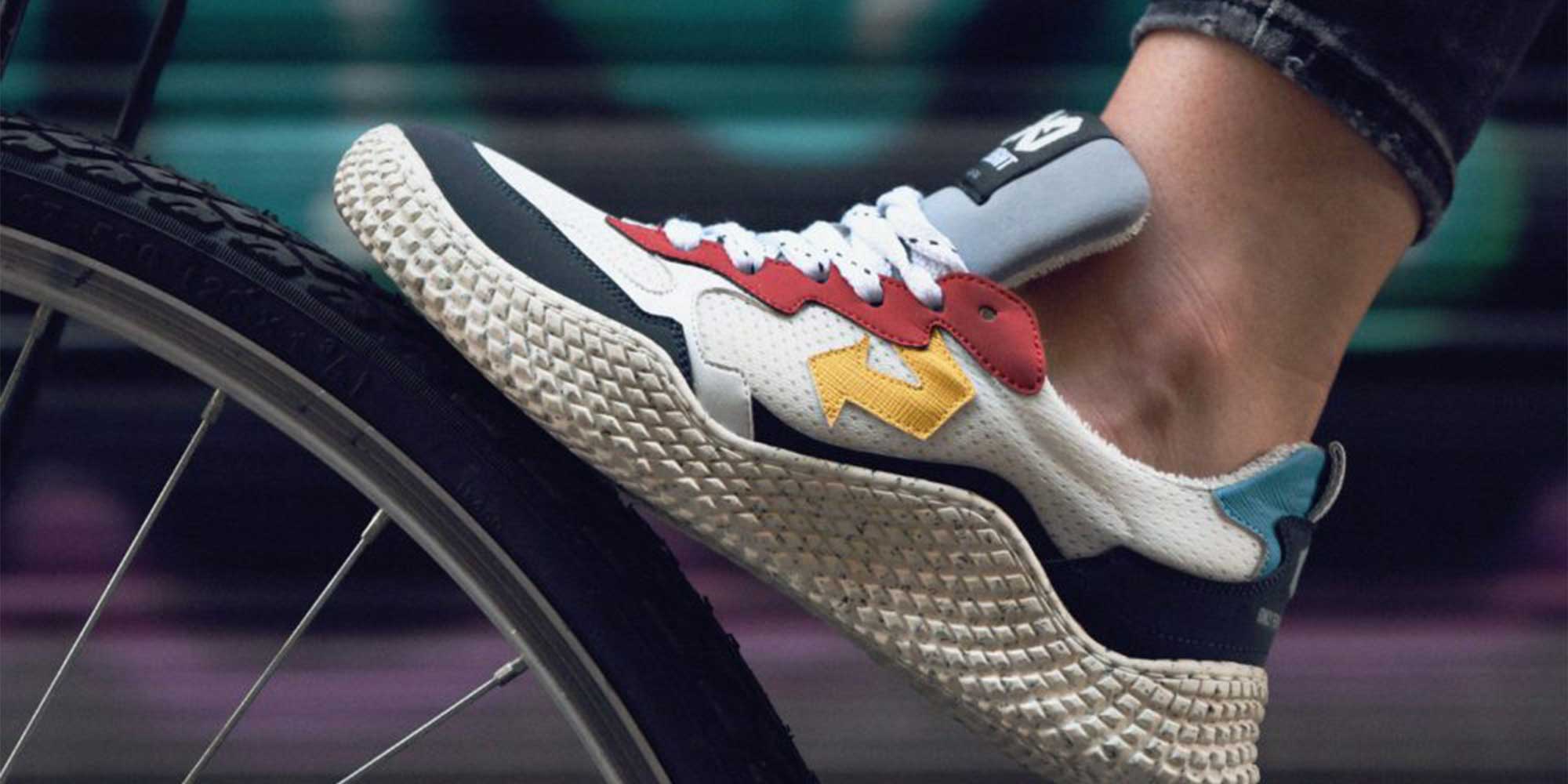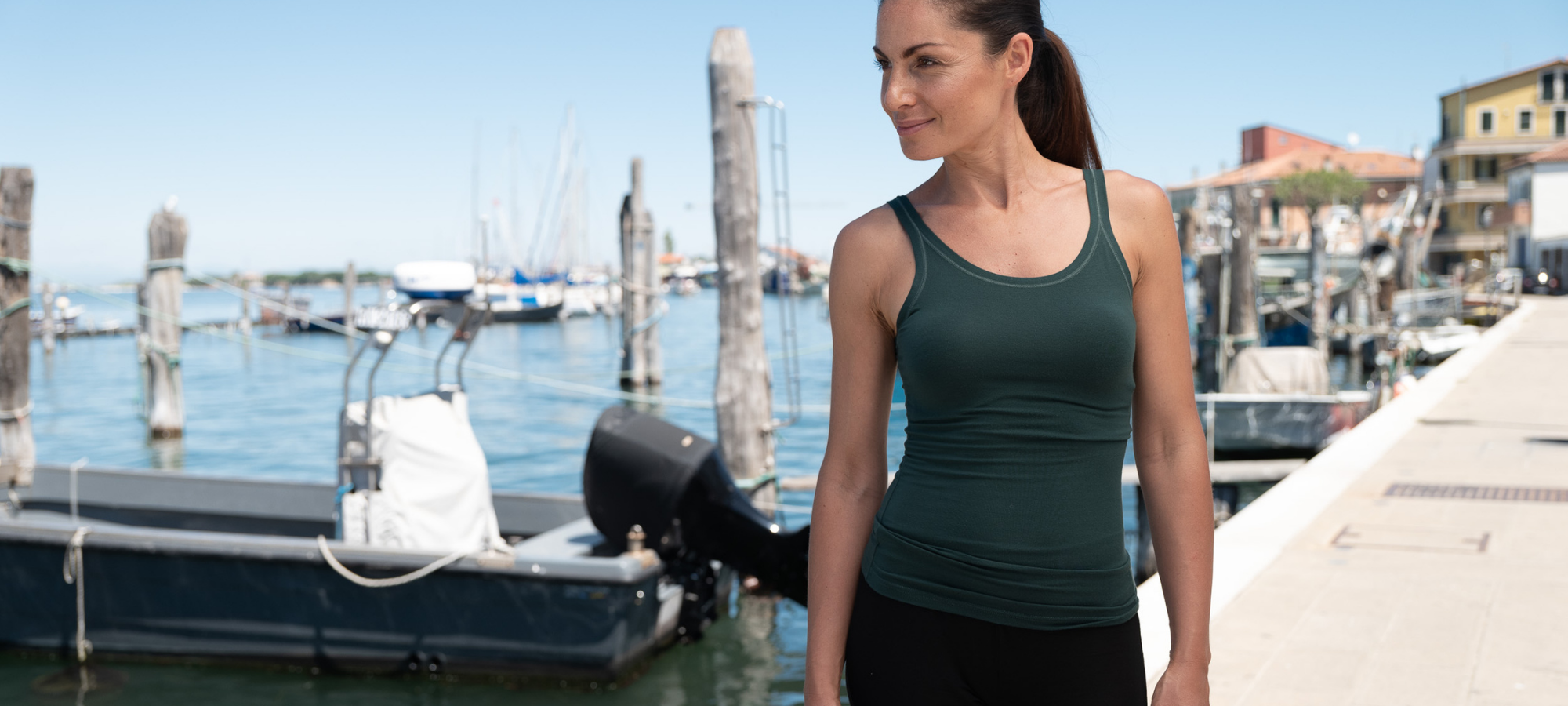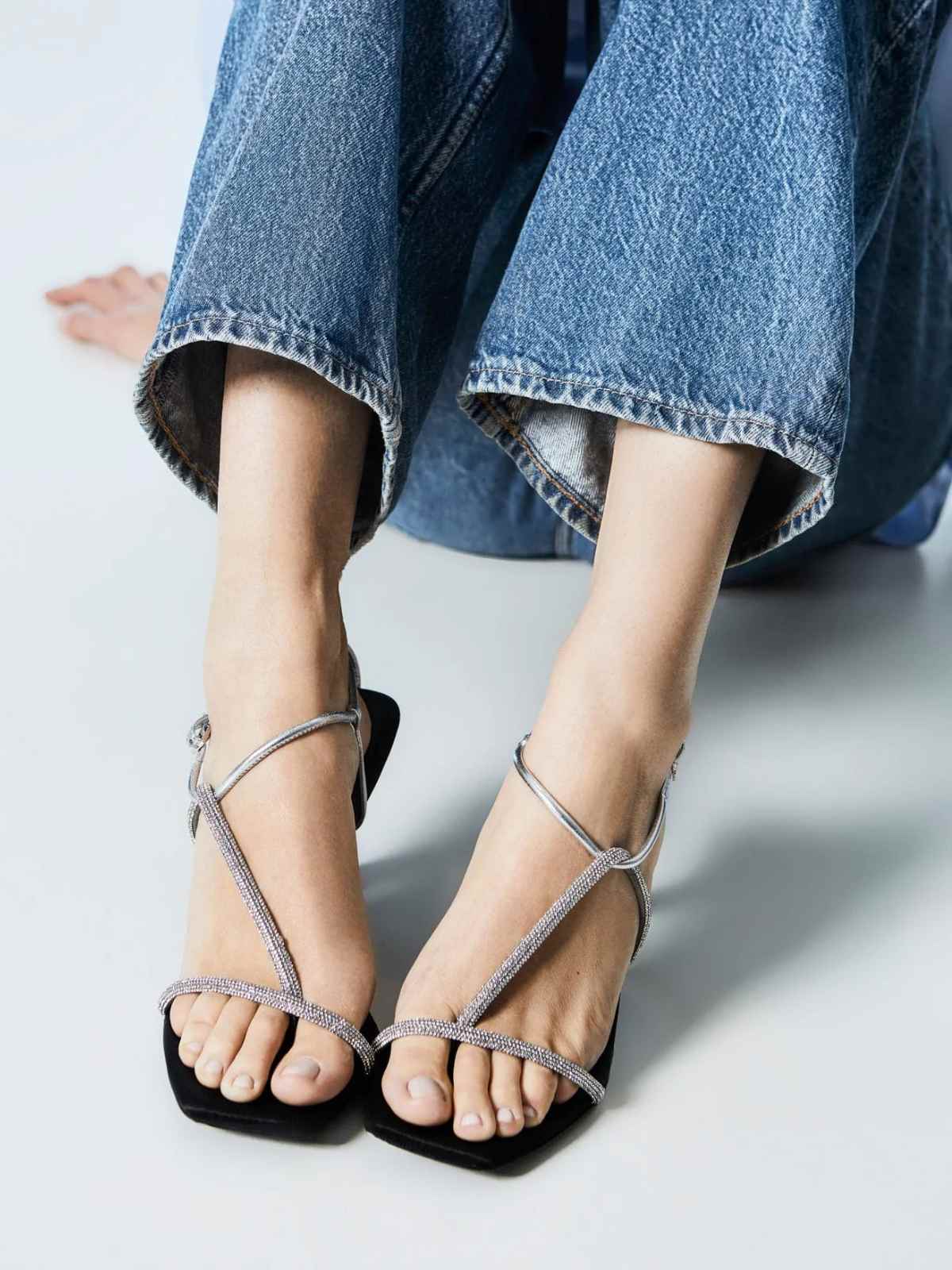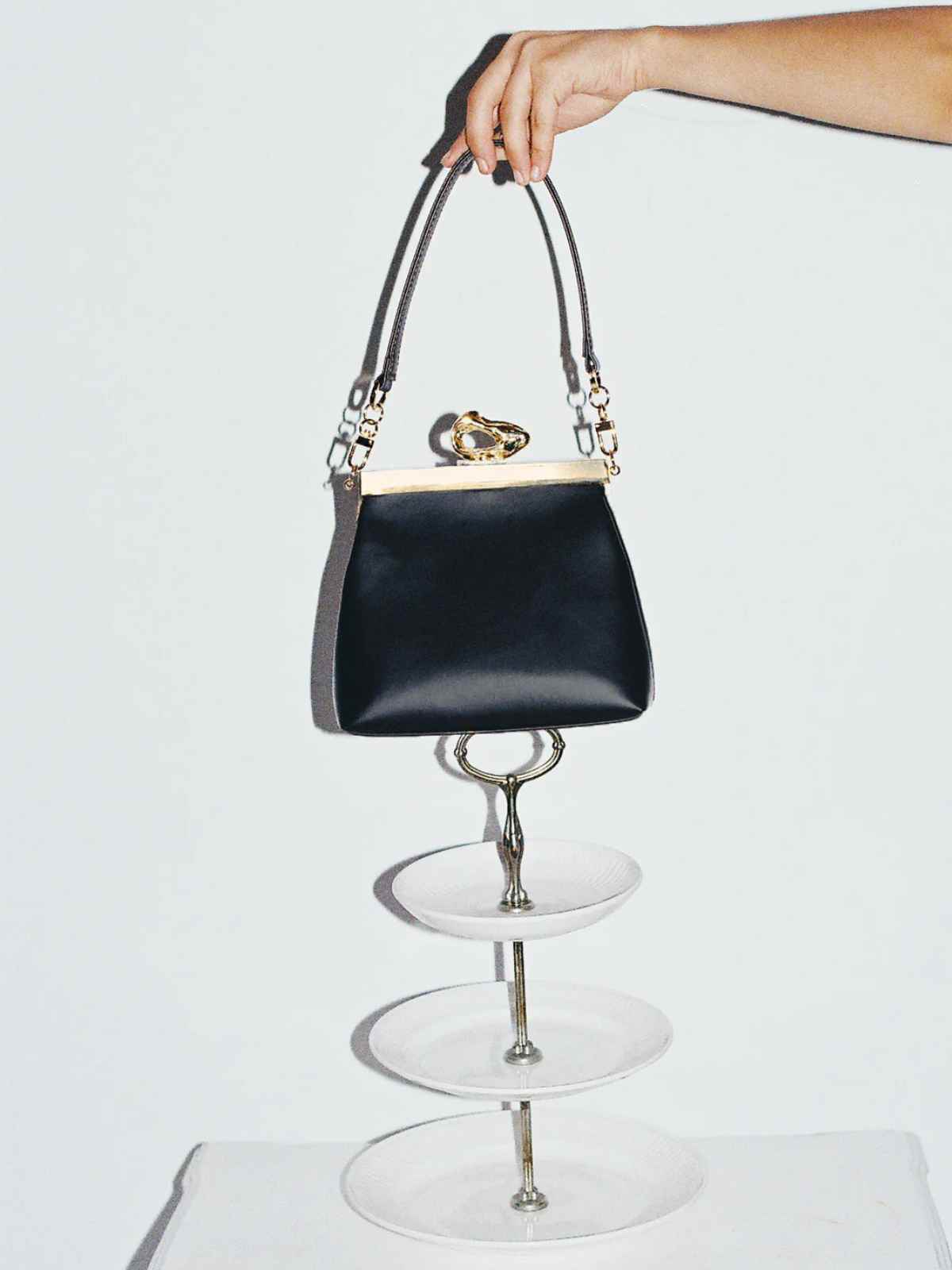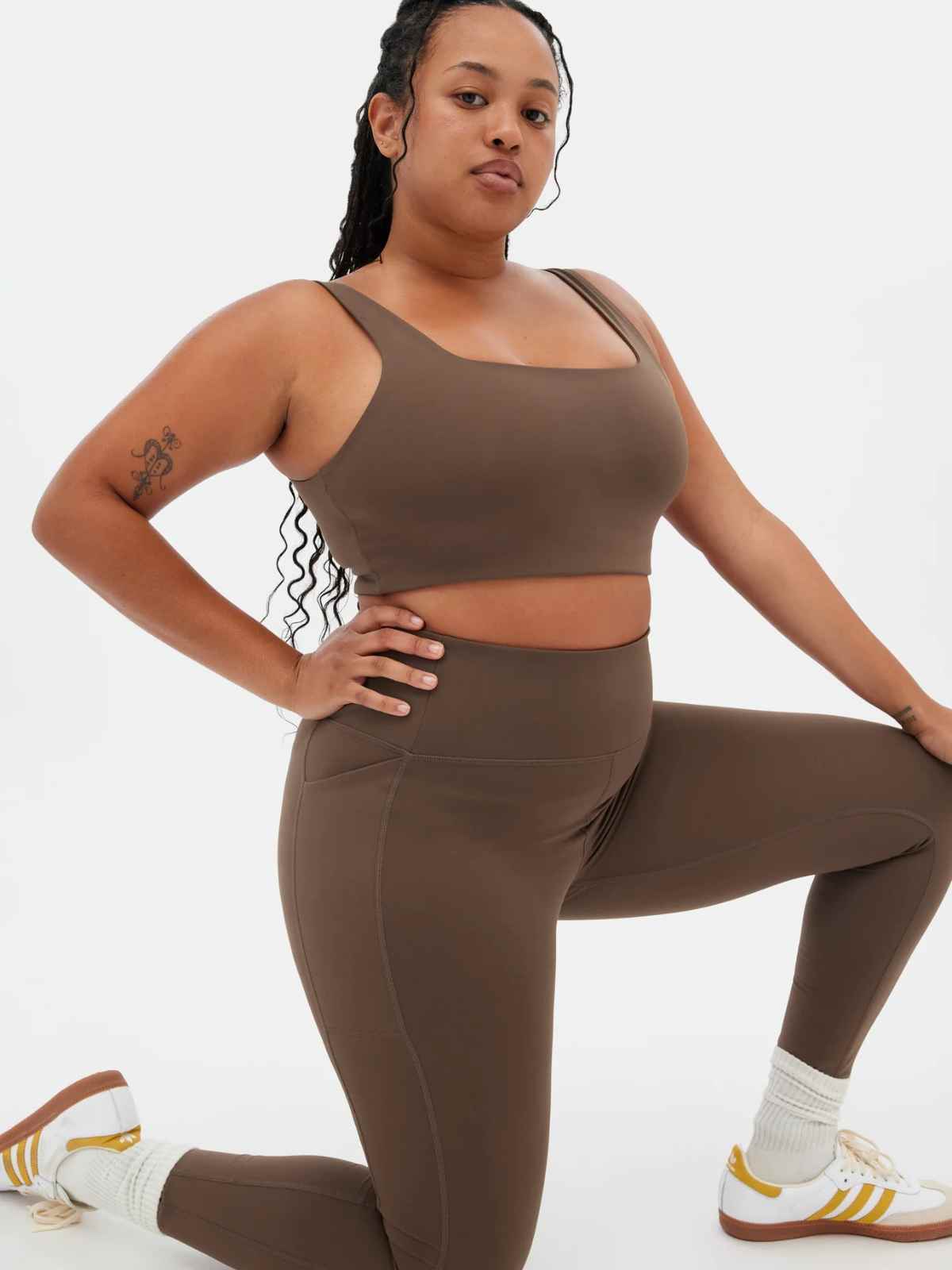Our editors curate highly rated brands that are first assessed by our rigorous ratings system. Buying through our links may earn us a commission—supporting the work we do. Learn more.
Reebok is one of the most popular activewear brands in the world, so just how ethical is Reebok? Unfortunately, a recent rerate has seen the brand plummet to our lowest score of “We Avoid” after a change in parent company. This article is based on the Reebok rating published in April 2023, and may not reflect claims the brand has made since then. Our ratings analysts are constantly rerating the thousands of brands you can check on our directory.
A change of hands lands a big ratings drop for Reebok
Known for its innovative athletic apparel and footwear, Authentic Brands Group-owned global sportswear giant Reebok has been around for over a century.
Reebok is a sportswear pioneer—it developed the first spiked running shoe and the first athletic shoe designed specifically for women, as well as being the official sponsor for the likes of the UFC and CrossFit.
The question is, is the brand as good for the environment, workers, and animals as it is for athletes? Unfortunately, while the brand held our middling score of “It’s a Start” in the past, it has recently dropped to our lowest score of “We Avoid” mainly owing to a lack of transparency after a change of hands in parent companies.
Reebok was formerly owned by Adidas, and was acquired by Authentic Brands Group from Adidas in March 2022. Compared with Adidas, which rates “It’s a Start”, Authentic Brands Group communicates minimal information about its impact on people, the planet, and animals. It’s important to note that this change of hands doesn’t necessarily mean Reebok has completely changed the way it does things behind the scenes, but our ratings are based on publicly available information, and the lack of transparency from Authentic Brands Group and Reebok so far means the rating took a hit. As Reebok and Adidas still share common suppliers, Reebok did score decently in the latest Fashion Transparency Index report, but that doesn’t impact Reebok’s overall score on our directory.
Further, as our ratings analyst Kate Hobson-Lloyd explains, “In rating brands that are owned by parent companies, we look at information disclosed at both parent company level and at brand level. As such, it is possible for brands which share a parent company to achieve different ratings.”
Read on to find out how the brand rates in all three categories so you can decide if it’s time for a Reebok rebound.
Environmental impact
While Reebok rated “It’s a Start” for the planet in the past, it now gets a “Very Poor” score from us due to its lack of action on the environmental front.
Our planet rating evaluates brands based on the environmental policies in their supply chains, from carbon emissions and wastewater to business models and product circularity. Despite using some lower-impact materials including recycled materials in its products, Reebok falls flat on all the other crucial points here.
There’s no evidence Reebok is taking actions to protect biodiversity in its supply chain, minimise microplastic impacts, or reduce or eliminate hazardous chemicals in manufacturing. It also still uses a great deal of leather in its products, which is very damaging to the environment, workers, and animals.
Labour conditions
Workers’ rights are central to our people rating, which assess brands’ policies and practices on everything from child labour to living wages and gender equality.
Unfortunately, Reebok does not publish sufficient information and rates “Very Poor” again here, down from “It’s a Start” when it was owned by Adidas. You have a right to know how the products you buy affect the issues you care about.
Animal welfare
Brands’ animal welfare policies and, where applicable, how well they trace their animal-derived products are the focus of our animals rating. Here we rate Reebok “Not Good Enough”.
Reebok does not appear to have an animal welfare policy nor trace any animal-derived material to the first production stage. And while it doesn’t use fur, angora, exotic animal skin, or exotic animal hair, it does use leather, wool, and down.
With devastating effects on animals, workers, and the environment, the leather industry especially is simply not ethical or sustainable. Reebok should consider investing in some of the many innovative leather alternatives out there. This would help the brand do right by our animal friends, while earning the title of a more responsible company.
Overall rating: We Avoid
Unfortunately, since the acquisition of Reebok by Authentic Brands Group, a lack of transparency and action by the parent company and through the supply chain has left Reebok in a nosedive to the bottom with a final overall score of “We Avoid”. Unless Authentic Brands Group takes some major steps for people, the planet, and animals in the near future, we can’t see Reebok’s score recovering ground any time soon, and it’s not a brand we would encourage the conscious consumer to support any longer.
Note that Good On You ratings consider 100s of issues and it is not possible to list every relevant issue in a summary of the brand’s performance. For more information see our How We Rate page and our FAQs.
Good swaps
“Good” and “Great” alternatives to Reebok that might meet your needs

